Entire US justice system under scrutiny as ex-officer goes on trial in George Floyd’s death
The state of America’s policing and justice system has come under renewed scrutiny as a former white police officer charged in the death of African American George Floyd goes on trial on Monday.
Floyd, 46, died last May as former Minneapolis officer Derek Chauvin pressed a knee on his neck for almost nine minutes during a arrest.
The incident, which was captured on video and went viral, set off months of angry protests across the United States and the world, as people demanded an end to racial injustice and police brutality against African Americans.
“I can’t breathe, man. Please,” Floyd, who was handcuffed and held face-down on the pavement, can be heard saying in a bystander video shot. “I can’t breathe,” Floyd said, again.
Floyd’s last words became a rallying cry for protesters who marched in cities and towns across the US under the banner of Black Lives Matter (BLM).
Floyd was arrested by Minneapolis police after a grocery store employee reported that he had allegedly used a fake $20 bill to buy cigarettes.
His death in police custody also sparked an intense debate about systemic racism, police accountability and the criminal justice system in the United States.
The entire country seemed united in the belief that policing needed an overhaul. Now as the murder trial of Chauvin gets underway, the struggle over what to overhaul and how to do it has taken on new urgency once again.
“It’s a seminal moment,” Howard Henderson, founding director of the Center for Justice Research at Texas Southern University, said about the trial. “The stakes are extremely high,” Henderson added. “This will symbolize to the country, to Black Americans, how far we’ve come – if we’re able to hold police accountable.”
Chauvin has pleaded not guilty to second-degree unintentional murder, third-degree murder and second-degree manslaughter charges.
Defense attorneys for Chauvin claim he followed standard police procedure and allege that Floyd died because he had recently injected fentanyl, an opioid.
Two autopsies ― one conducted by county officials and the other by independent pathologists commissioned by Floyd’s family ― have established homicide as the cause of Floyd’s death.
The start of the proceedings in and of itself marks a historic moment as Floyd’s case has progressed further than have most deaths of African Americans in police custody.
Many similar cases have not led to charges for the officers involved, including in the deaths of Michael Brown, Eric Garner and Tamir Rice.
In a first for Minnesota, Chauvin’s trial will be broadcast live due to COVID-19 restrictions on court attendance, giving the public a rare glimpse of what is arguably the most consequential murder trial of the Black Lives Matter era.
The most similar case to Floyd's was the 2013 televised trial of George Zimmerman, a neighborhood watch volunteer charged with the murder of African American teenager Trayvon Martin.
It was Zimmerman's acquittal in that high-profile trial that helped give birth to the Black Lives Matter movement.
Iran to hold 40th day commemoration for martyrs of terrorist riots
Lebanon’s parliament speaker urges pressure on Israel to stop ceasefire violations
UK government asked not to release Mandelson emails on Epstein: Report
VIDEO | Gaza Ramadan initiative
Hillary Clinton slams Trump for ‘betraying the West and NATO’
UN Staff group defends Francesca Albanese, condemns European ministers’ ‘vitriolic’ accusations
VIDEO | Full intelligence oversight maintained over Strait of Hormuz: IRGC Navy Commander
Sheikh Qassem: Hezbollah does not seek war, but will never surrender



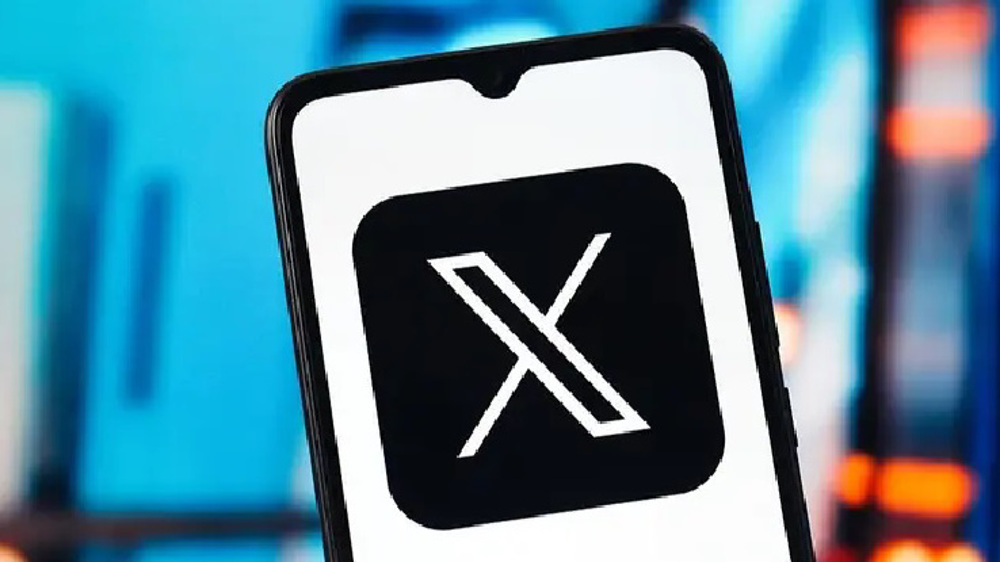
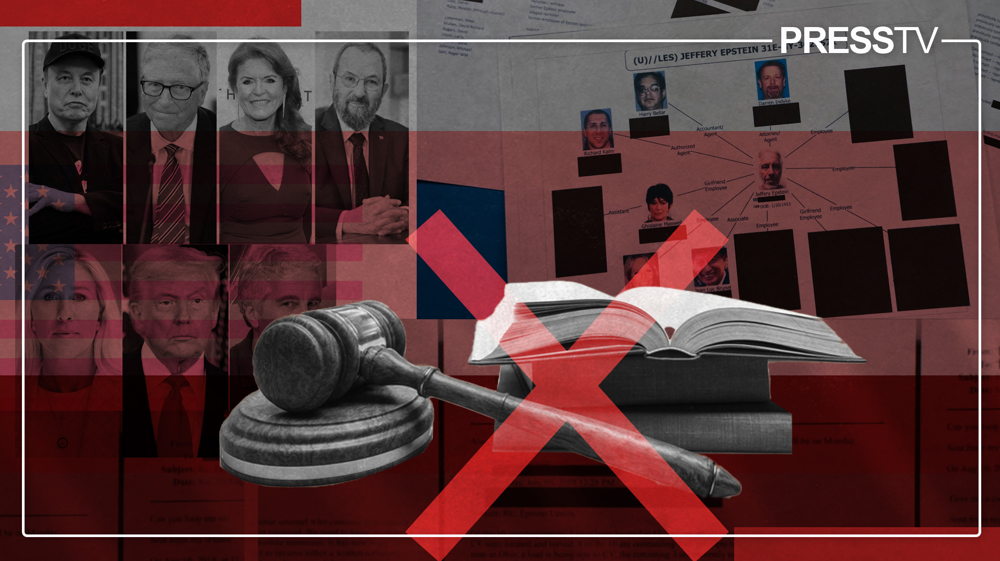
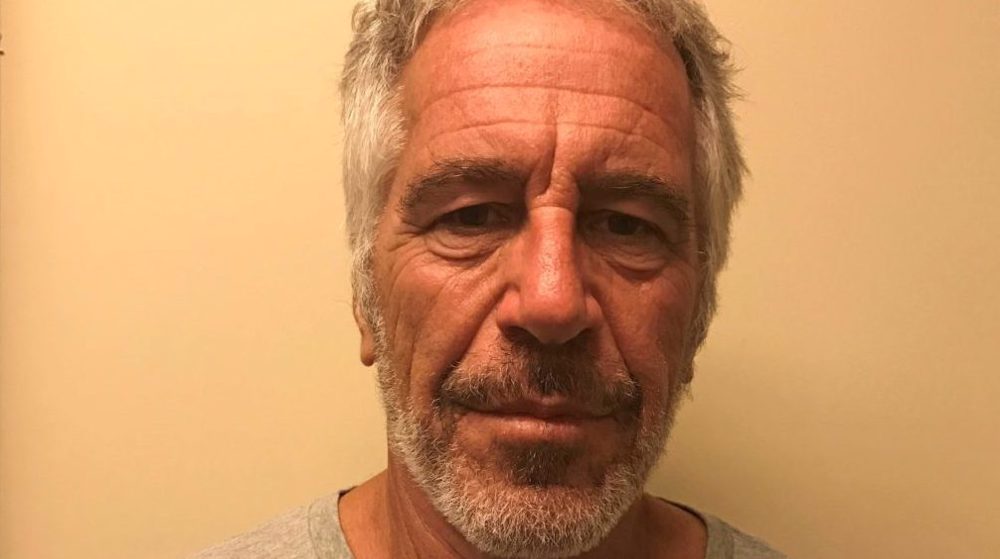



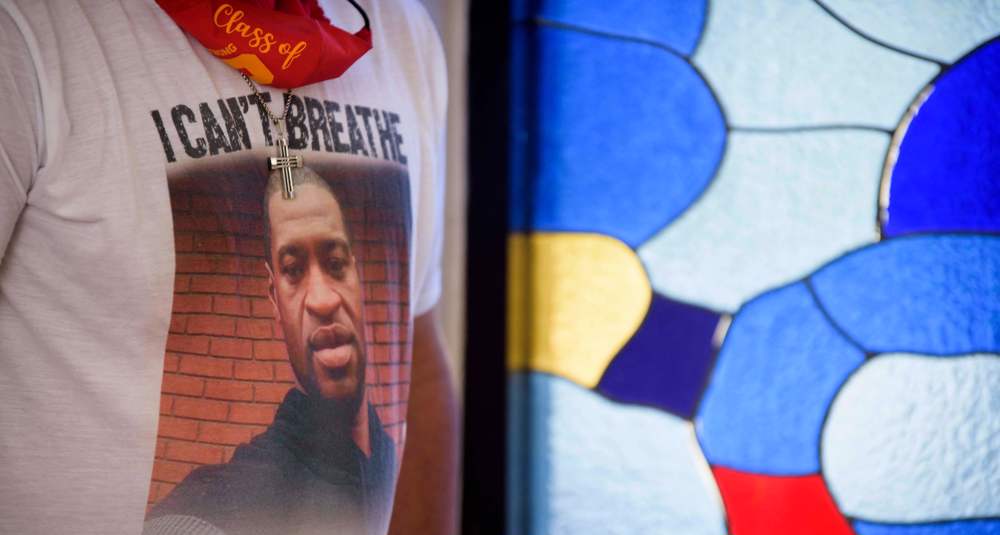

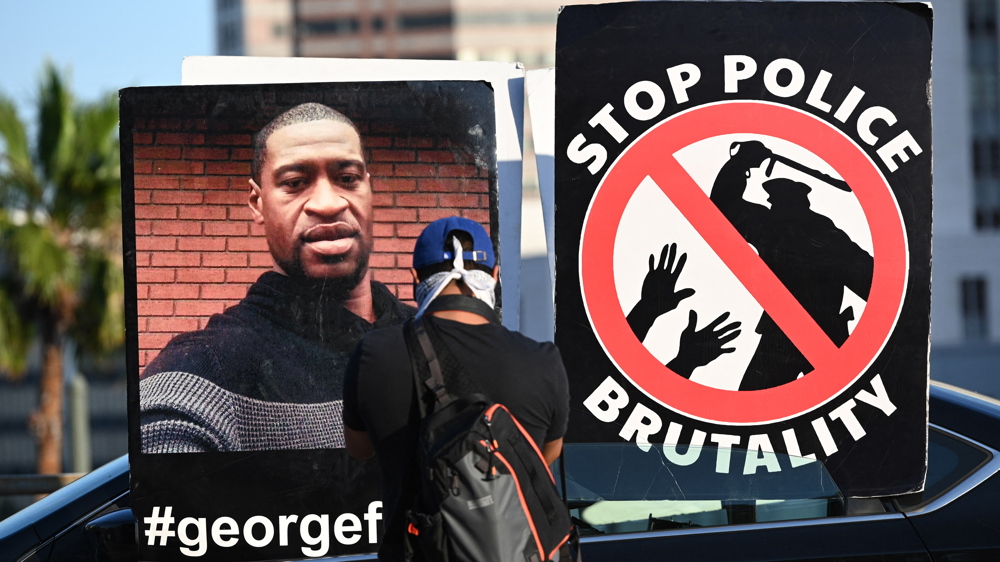

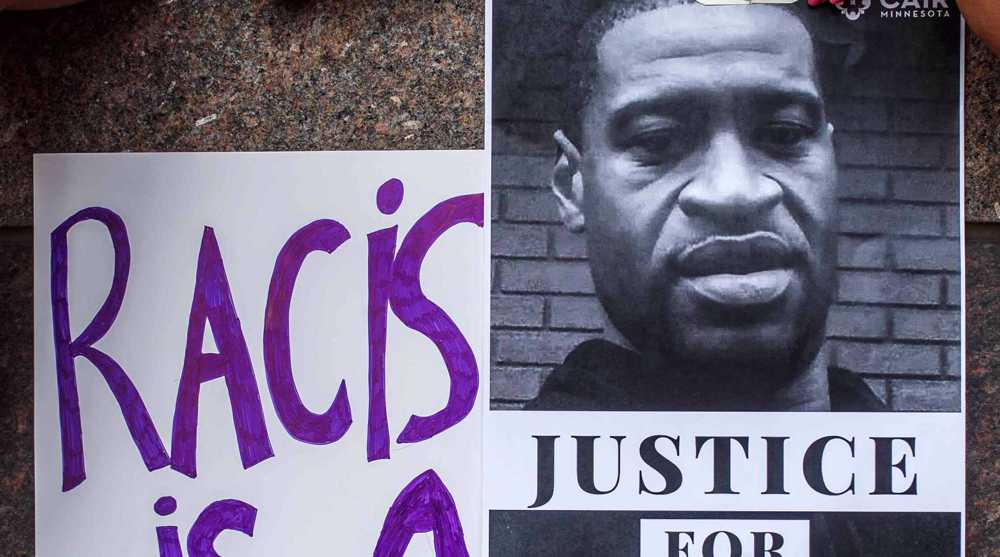

 This makes it easy to access the Press TV website
This makes it easy to access the Press TV website